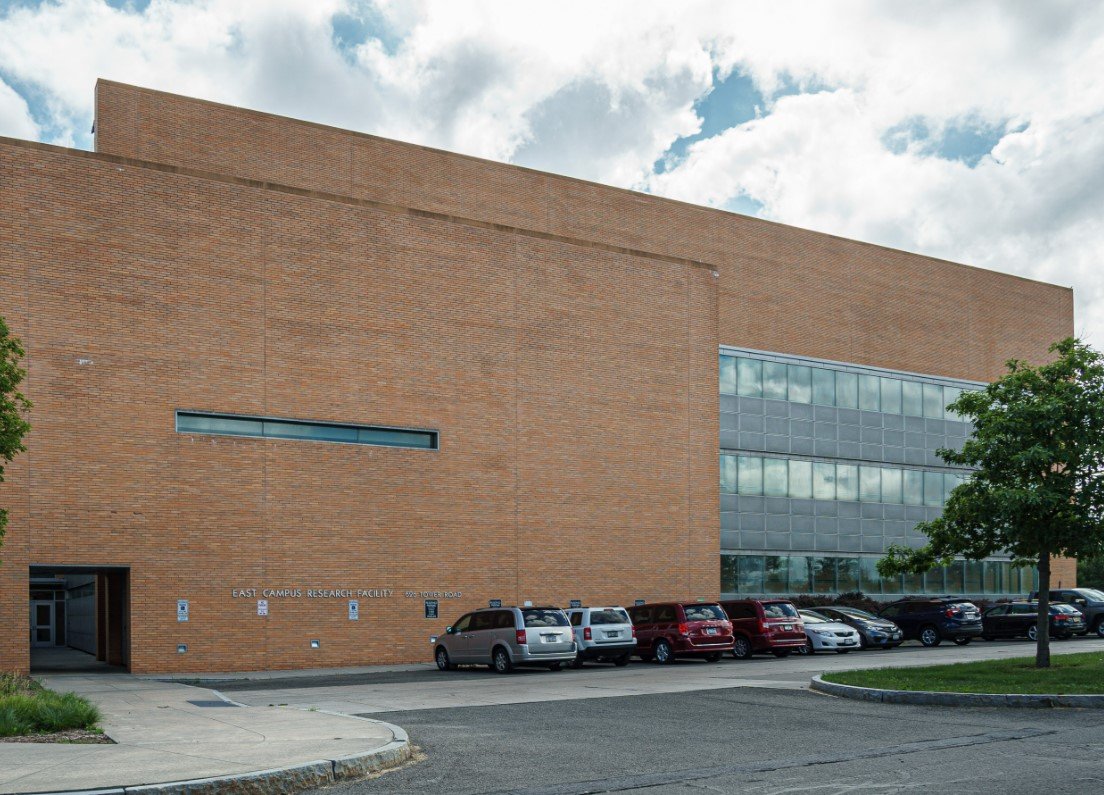The University of Central Florida (UCF) is making significant strides in hypersonic technology, securing substantial Department of Defense (DoD) funding to advance research that could revolutionize air and space travel.
Building the Future: UCF’s Hypersonic Testing Facility
Professor Kareem Ahmed from UCF’s Mechanical and Aerospace Engineering department has been at the forefront of hypersonic propulsion research. Over the past year, Ahmed has led projects funded by the DoD to construct a state-of-the-art hypersonic testing facility. This initiative includes the development of flight experiments and further enhancements of hypersonic technology.
- Hypersonic Testing Facility: Construction of a cutting-edge facility for hypersonic experiments.
- Flight Experiments: Conducting real-world tests to validate hypersonic propulsion systems.
- Technological Advancements: Innovating new methods to improve propulsion efficiency and performance.
This support underscores UCF’s pivotal role in the national push towards advanced hypersonic systems, positioning the university as a leader in this critical field.

Breakthrough Innovations: Rotating Detonation Rocket Engine
One of UCF’s landmark achievements is the development of the first hypersonic rotating detonation rocket engine. This groundbreaking technology promises to reduce air travel time significantly. Imagine flying from New York to Los Angeles in under 30 minutes—a feat once deemed impossible.
“High-hypersonic propulsion technology is being born here, similar to how new technology was developed at Kennedy Space Center during the space era,” said Ahmed. “Now it’s happening at UCF. The new funding highlights that we’re a major player in hypersonic propulsion.”
Advantages of Rotating Detonation Engines:
- Increased Efficiency: Generates more power using less fuel.
- Cost Reduction: Lower operational costs due to improved fuel efficiency.
- Environmental Impact: Reduces emissions, making air travel cleaner.
The High-Hypersonic Enthalpy Facility (HiHYPER)
UCF’s latest venture, the High-Hypersonic Enthalpy Facility (HiHYPER), is set to transform hypersonic and space propulsion research. Funded by the U.S. Air Force Office of Scientific Research (AFOSR), HiHYPER aims to develop a unique mid-scale high-hypersonic enthalpy propulsion testing facility.
HiHYPER Objectives:
- Experimental Hardware Development: Creating tools for flight experiments to stabilize standing oblique detonation waves.
- Integrated Research: Combining hypersonic materials, aerodynamics, and propulsion studies.
- National Security: Enhancing U.S. Air Force capabilities against emerging technological threats.
This facility will provide the necessary infrastructure to explore the fundamentals of the hypersonic regime, addressing some of the most pressing national challenges in hypersonic research.
Fuel Injection Innovations: Enhancing Navy Propulsion Systems
In addition to propulsion advancements, UCF is exploring the evolution of spray and splash dynamics in fuel injectors. Funded by the Office of Naval Research, this project focuses on the flow-independent fuel injector, a critical component for modern Navy propulsion systems like the F35.
Project Highlights:
- Spray and Splash Dynamics: Studying how fuel injectors deliver consistent and precise fuel amounts.
- System Performance: Improving jet fueling control for enhanced propulsion efficiency.
- Applications: Enhancing propulsion systems for aircraft, unmanned aerial vehicles, ships, and missiles.
These improvements are set to make propulsion systems more efficient, reducing fuel loads and operational costs while increasing performance and reliability.
Bridging the Talent Gap: UCF’s Role in Workforce Development
As hypersonic technology advances, so does the need for skilled professionals in AI, cybersecurity, and data analytics. The Tech Data report highlights a significant rise in demand for AI skills in the APJ region, which mirrors the national emphasis on developing expertise in these areas.
Addressing the Talent Shortage:
- Educational Programs: UCF offers comprehensive courses in sports science and engineering, preparing students for careers in advanced technologies.
- Research Opportunities: Hands-on projects like HiHYPER provide invaluable experience for students and researchers.
- Industry Partnerships: Collaborations with the DoD and Navy ensure that UCF graduates are well-equipped to meet industry demands.
The Road Ahead: National and Global Implications
Hypersonic technology is not just a national priority but also a key element in the international technology race. Achieving ultra-high-speed flight will enable efficient entry and exit from planetary atmospheres, making space exploration and intercontinental travel more feasible and routine.
Potential Applications:
- Defense Systems: Enhancing the U.S. Air Force’s technological superiority with advanced propulsion systems.
- Space Exploration: Enabling faster and more efficient missions to explore beyond our planet.
- Commercial Travel: Revolutionizing air travel with drastically reduced flight times.
These advancements position UCF as a critical player in the global landscape of hypersonic research and development.
Comprehensive Research Backed by Industry Insights
The 2024 APJ Direction of Technology Ecosystem Report by Tech Data emphasizes the importance of AI and cybersecurity in the current technology trends. With over 1,000 technology resellers, systems integrators, service providers, and managed service providers contributing to the survey, the report offers a nuanced understanding of the APJ technology landscape.
Survey Highlights:
- AI Adoption: 84% of partners seek proof-of-concept projects in Generative AI.
- Cybersecurity Focus: 43% of infrastructure partners prioritize security solutions.
- Talent Demand: AI skills demand increased from 15% in 2023 to 27% in 2024.
These insights align with UCF’s strategic initiatives, underscoring the university’s commitment to advancing technologies that are shaping the future.
A Catalyst for Innovation and Growth
UCF’s advancements in hypersonic technology are a testament to the institution’s dedication to research and innovation. With robust funding and a clear vision, UCF is poised to lead the charge in developing technologies that will define the next era of air and space travel.






